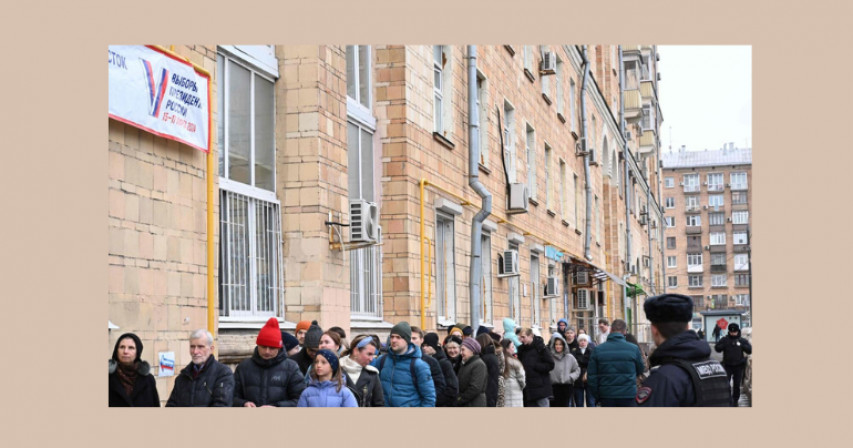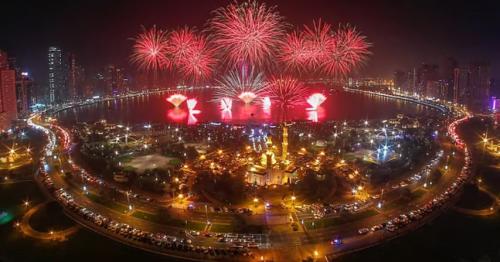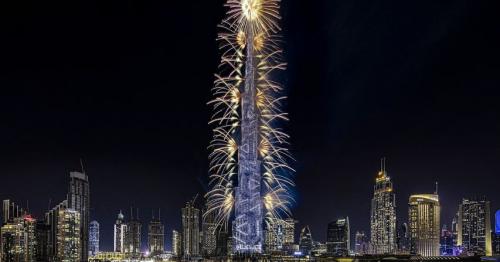Russians Stage Symbolic Protest at Polling Stations Against Putin's Re-Election

Thousands of Russians gathered at polling stations nationwide on Sunday, participating in what the anti-Kremlin opposition described as a peaceful yet symbolic political demonstration against the anticipated re-election of President Vladimir Putin. Dubbed "Noon against Putin," this action saw individuals who oppose the long-standing Kremlin leader converging on their local voting centers at midday. Their intentions varied: some opted to spoil their ballot papers in protest, while others cast their votes for one of the three candidates challenging Putin, even though his victory is widely expected.
The event held significant meaning for those who felt disenfranchised by the current political landscape. With the recent passing of opposition figure Alexei Navalny, who died in custody, many viewed this as an opportunity to vocalize their dissent. Navalny had endorsed the "Noon against Putin" initiative, which gained traction through social media channels, earning recognition as "Navalny's political testament" by independent media outlets.
Despite the Kremlin's assertions of widespread support for Putin, dissenting voices within Russia persist. These individuals view Putin's leadership as stifling democracy and hampering progress. At polling stations across the country, citizens voiced their discontent, driven by a desire for change and a belief in the power of collective action.
The turnout at these polling stations, captured in videos broadcast on platforms like YouTube, depicted lines of individuals queuing up to register their protest peacefully. Though their numbers may represent only a fraction of Russia's vast population, their presence underscored a growing sentiment of disillusionment with the status quo.
Observers noted a generational shift among the protesters, with younger Russians actively participating in the demonstration. This demographic, disillusioned by what they perceive as a lack of democratic representation, sought to make their voices heard through this symbolic act of defiance.
However, despite the visible display of dissent, Putin remains poised for another term in office. The Kremlin's portrayal of Navalny's allies as extremists bent on destabilizing the nation contrasts sharply with the protesters' narrative of seeking accountability and reform.
The geographic expanse of Russia, spanning multiple time zones, meant that protest voters were dispersed rather than concentrated in a single location. This decentralized approach made it challenging to estimate the overall turnout accurately.
Reports from polling stations in cities like Moscow, St. Petersburg, and Yekaterinburg indicated a noticeable increase in voter activity during the designated protest hours. However, the lack of overt signs of protest made it difficult to distinguish between ordinary voters and those participating in the demonstration.
Navalny's widow, Yulia, made an appearance at the Russian embassy in Berlin, joining others in solidarity with the protest movement. This global display of support underscored the widespread resonance of Navalny's legacy and the enduring desire for political change among segments of the Russian populace.
In conclusion, "Noon against Putin" represented more than just a momentary protest; it symbolized a collective yearning for a more inclusive and accountable political system. As Russia moves forward, the voices of dissenters serve as a reminder of the ongoing struggle for democracy and justice within the nation.
By: Sahiba Suri





Comments